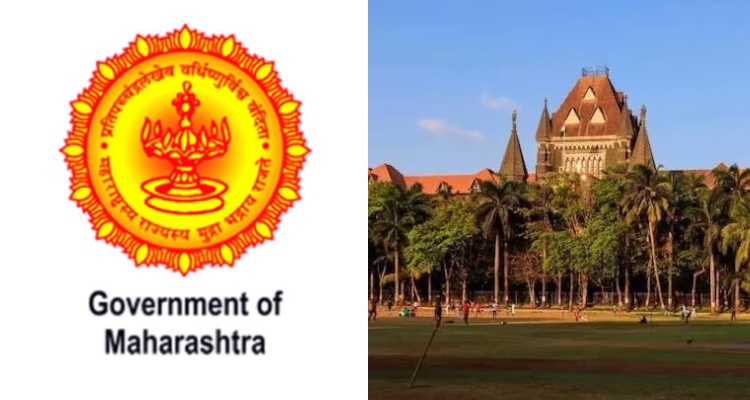
The Maharashtra government informed the Bombay High Court on Monday that it hasn’t demolished any residential premises at Vishalgad Fort in Kolhapur district this month. This statement comes after the historic site, associated with the Maratha empire, witnessed violent protests recently.
In an affidavit, Kolhapur Police stated that heavy rains and low visibility hindered their ability to take action against those involved in the violence and vandalism of “encroachments” at Vishalgad Fort on July 14. They reported filing 5 FIRs against more than 100 individuals, including former MP Chhatrapati Sambhajiraje, activists Ravindra Padwal, and Banda Salunkhe, for their alleged roles in the unrest.
The affidavit was presented to a bench of Justices BP Colabawalla and Firdosh Pooniwalla during a hearing on applications by local residents. These residents claimed authorities demolished several residential structures at the fort despite existing prohibitory orders and criticized the police for failing to control the mobs that allegedly damaged their homes.
Advocate General Birendra Saraf assured the court that no residential demolitions took place, adhering to a government circular, especially during the monsoon season. However, the petitioners’ advocate, S B Talekar, argued that a few houses were indeed demolished. The court directed Talekar to submit an affidavit supporting this claim.
Last week, the court sought details from the police regarding their actions against the protesters. In response, the police confirmed the FIRs and ongoing investigations.
The government affidavit emphasized that the police made every effort to prevent incidents, setting up checkpoints to stop people from marching to the fort. Despite the refusal of permission for these marches, the police had intelligence that some groups still planned to proceed towards the fort.
“There were heavy rains on July 14, resulting in fog and low visibility, making it difficult for authorities to take appropriate action. Despite these conditions, authorities did their best to maintain law and order,” the affidavit stated. “Somehow, a few people managed to enter Gajapur village and caused destruction of some properties,” it added.
An affidavit from the Directorate of Archaeology clarified that only commercial structures not protected by any order were demolished.
Petitioners claimed that right-wing activists defied prohibitory orders issued by the Shahuwadi tehsildar, banning public assembly, and gathered at the base of Vishalgad Fort. They alleged the district administration had deployed police to prevent right-wing activists from reaching the fort to protect Muslim residents and their properties. Despite this, the police allowed at least 100 protesters to climb the fort, leading to “an atmosphere of chaos and lawlessness” in the village for nearly two hours.
In 2023, the state Archaeology Department had issued demolition notices to several individuals, including some petitioners, for structures within the fort area. The petitioners contested these notices, arguing that the 300-acre Vishalgadh fort precinct was declared a protected monument only in 1999, while they had been residing there long before that. They sought a stay on demolitions, including the Hazrat Peer Malik Rehan Dargah at Vishalgad.
The HC stayed the demolition notices in February 2023 and directed no coercive actions be taken against the petitioners.
The anti-encroachment drive at Vishalgad Fort turned violent on July 14, with mobs hurling stones at police and damaging properties. Vishalgad Fort is significant in Maratha history, as warrior king Chhatrapati Shivaji Maharaj escaped to it after being besieged at Panhala Fort in 1660.




